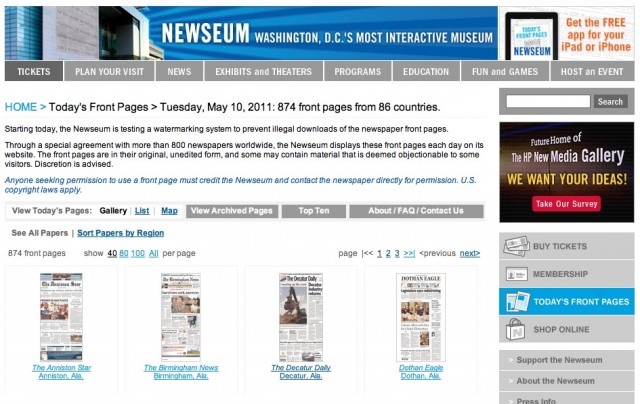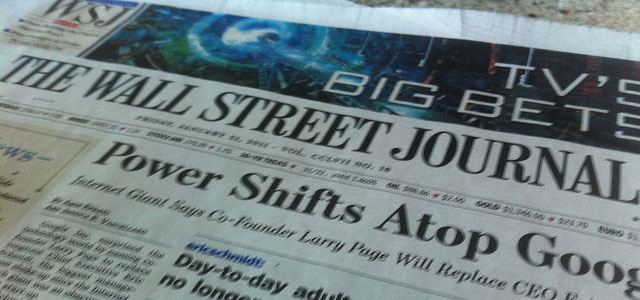- A conflict of interest on the side? One of the internet’s most popular movie review websites will now be owned by one of America’s major movie and entertainment studios. The acquisition has less to do with Rotten Tomatoes, however, than it does Flixster, a movie review/streaming company that counted RT as one of its subsidiaries — Warner Bros. wanted Flixster to push a competitive advantage against Netflix, and their new ownership of the widely-known review aggregator is a byproduct of that. So, if Warner Bros. makes a piece of utter dreck, hopefully you’ll still be able to see that not-so-fresh “tomatometer” rating. source

